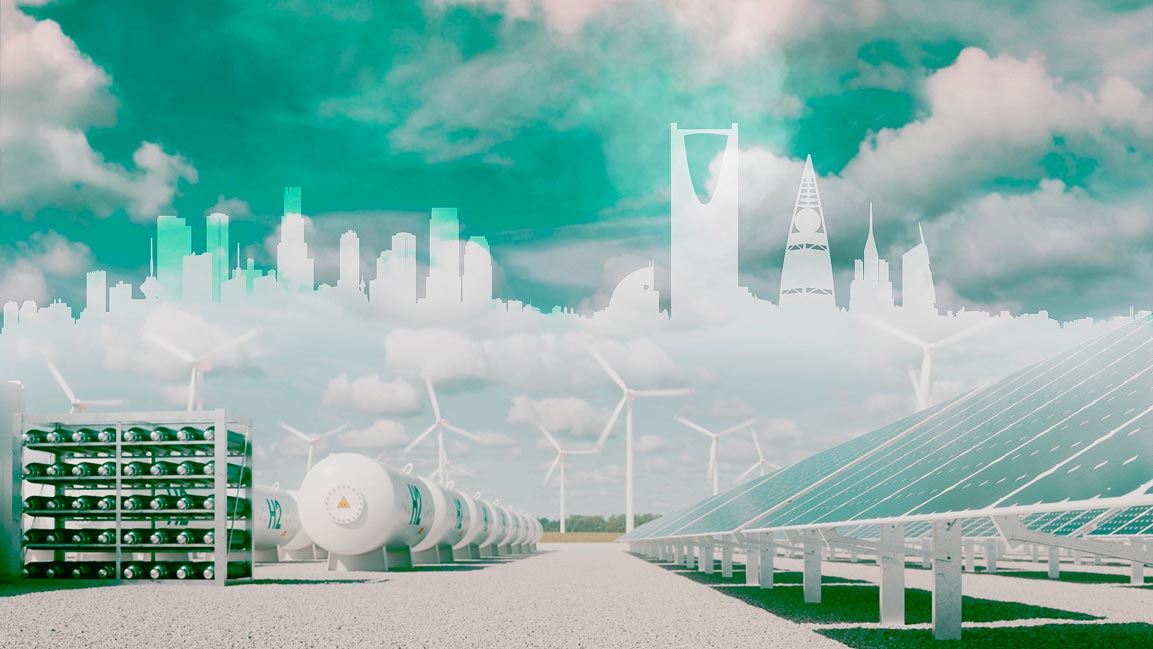- | 11:30 am
GCC has a strong future in the global hydrogen fuel market
Qatar's QEERI has commissioned a facility to study the effects of hydrogen on metals, causing them to turn brittle and crack.

For decades, the Middle East has emerged as a leading supplier of oil & gas on the global energy map. But the world is now moving away from fossil fuels in the race to cut emissions and tackle climate change. How will gulf states adapt when oil ceases to be black gold?
A study by the King Abdullah Petroleum Studies and Research Centre (KAPSARC) shows that Saudi Arabia is poised to meet the world’s hydrogen demand. It cites the kingdom’s potential to generate renewable energy and natural gas reserves as factors supporting hydrogen fuel production. The research expects the cost of production of green and blue hydrogen in Saudi Arabia to be the lowest globally.
KAPSARC mentioned that the kingdom’s east would mostly produce blue hydrogen, formed through steam methane reforming. The region has natural gas, which, when heated with steam, gives out hydrogen and carbon monoxide. As for western Saudi Arabia, it’ll create green hydrogen, generated through electrolysis using renewable energy.
The study highlights how Saudi Arabia has the potential to dominate the energy market in a low-carbon future as well. The kingdom has also started constructing a $5 billion green hydrogen plant called Helios as part of NEOM.
Another initiative enabling the transition to hydrogen fuels is Qatar’s research on how metals react to the gas. The Qatar Environment and Energy Research Institute (QEERI) has commissioned a new facility to boost corrosion research. It’ll facilitate the development of alloys that can withstand hydrogen embrittlement.
When metals deteriorate due to the impact of hydrogen and eventually crack, the process is termed hydrogen embrittlement. QEERI will observe changes in the mechanical properties of metals and their correlation with hydrogen levels. This will allow industries to create infrastructures with longer-lasting materials against hydrogen.
With suitable conditions for mass production of hydrogen and research to boost corrosion management, the gulf region is positioned strongly in the green economy.

































